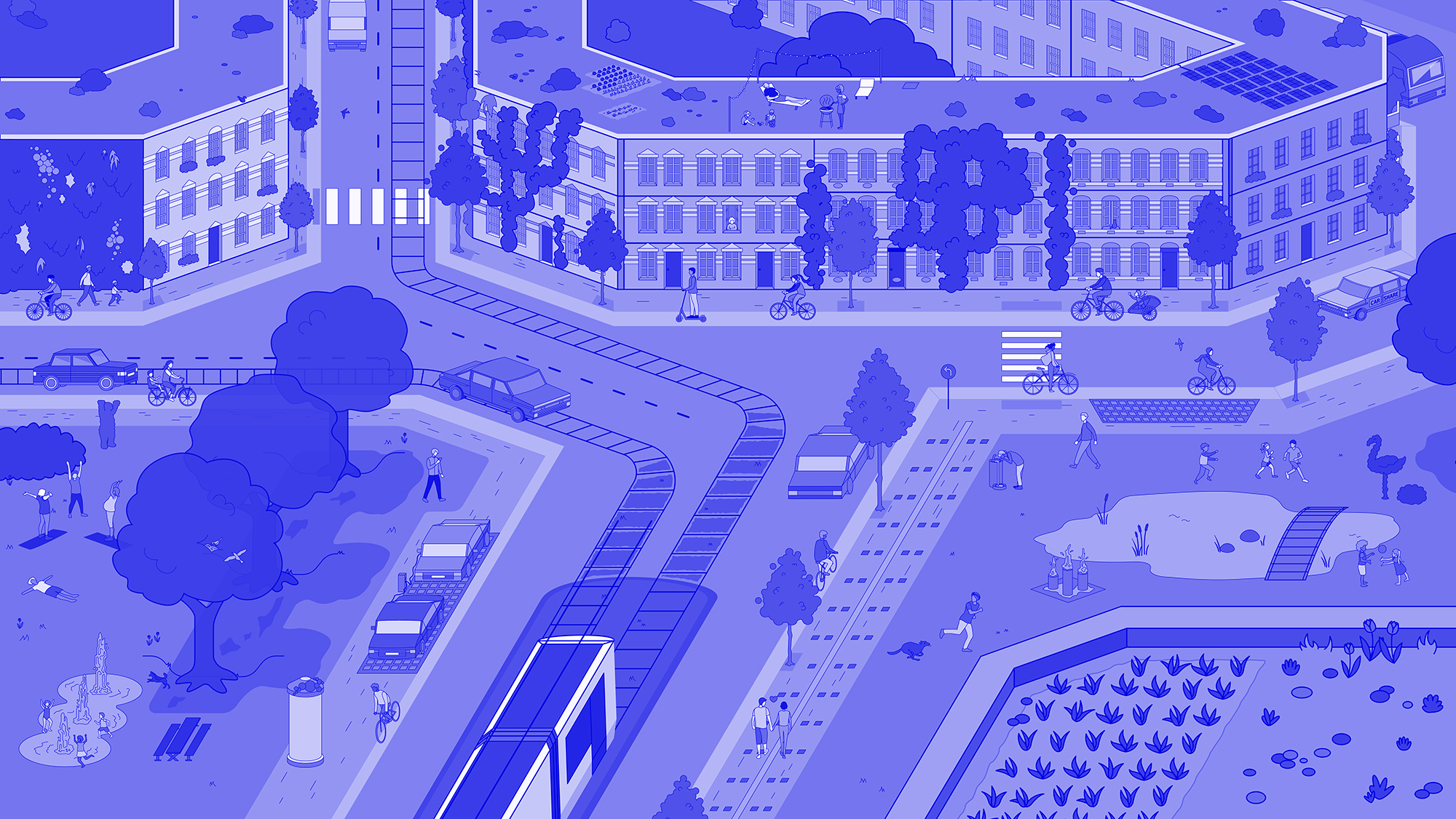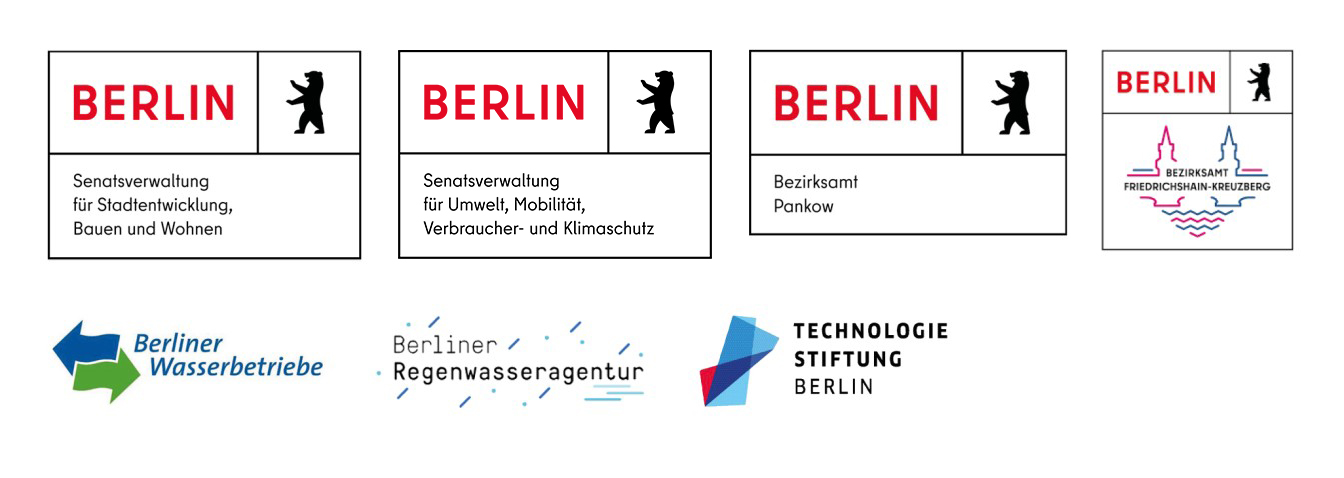Recent international climate negotiations quite clearly indicate that, despite the efforts of many countries, implementation of agreed climate targets is being stalled. At the same time, the effects of climate change are becoming increasingly apparent. This is particularly true in cities, where the effects of climate change are further exacerbated by increasing urbanization.
As a result, many cities and municipalities have developed climate change adaptation plans to strengthen the resilience of urban infrastructures and thus improve the quality of life of their populations. A key issue here is water: on one hand, there’s flooding and water pollution caused by heavy rains, and on other hand, persistent heat and drought come from lack of rain. At the same time, local use of rainwater can mitigate the effects of climate change: blue green infrastructures, for example, can increase evaporative cooling in the summer, reducing the temperatures of surrounding neighborhoods. Such structures also result in less stormwater runoff into the sewer system, instead making the runoff available for irrigation of trees and plants.
The state of Berlin receives funding from the Federal Ministry of Housing, Urban Development and Construction and plans to address the challenges of climate adaptation in the water sector with the help of innovative digital tools. The Smart Water project will be implemented in pilot areas in the Pankow and Friedrichshain-Kreuzberg districts. With many years of experience in both water and digitalization, KWB is coordinating the implementation of the project.

Illustration: Examples of blue-green infrastructure
In Smart Water, KWB will develop a digital tool for agile urban construction project planning. The focus is on integrating blue green infrastructures to curb heat island formation, and reduce water pollution and street flooding. We’re also designing a tool to visualize and raise awareness about climate adaptation measures amongst citizens. Additionally, KWB will design a prototype for targeted risk communication for Berlin’s administration: An information and warning system that can communicate about floods caused by heavy rain in a timely manner.
The aforementioned three components will be hosted on an interoperable data platform which links existing and newly generated data with models. At the end of the project, this platform will be transferred over to Berlin’s administration.
With Smart Water, KWB and its project partners will significantly contribute to mitigating the effects of climate change in Berlin and, in the process, turning the city into a smart, climate resilient metropolis.







